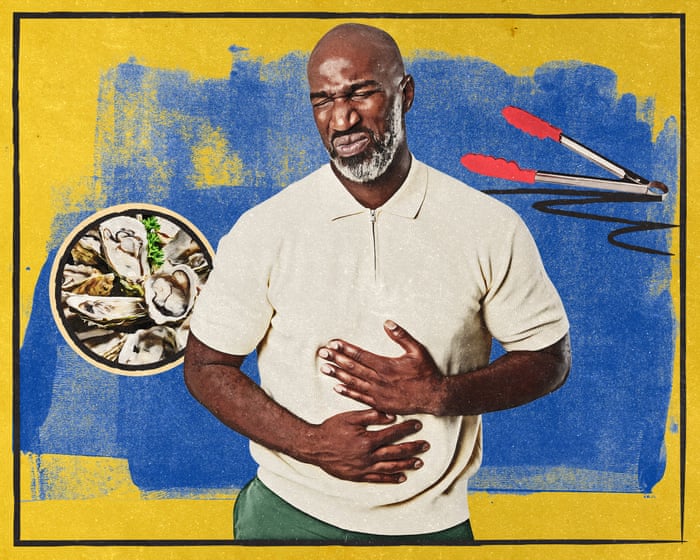Lithuania is introducing drone-building and piloting lessons for schoolchildren as part of its strategy to strengthen national defense against potential threats from Russia. The government announced on Tuesday that over 22,000 people, including students, will receive drone training through a joint initiative by the defense and education ministries aimed at boosting civil preparedness.
The program will be tailored to different age groups: children aged 8-10 will learn basic drone assembly and operation, while older students will design drone components and work with advanced models. The Baltic nation of 2.8 million, which shares borders with Russia’s Kaliningrad exclave and Belarus, has remained vigilant since Russia’s full-scale invasion of Ukraine.
This heightened security concern was reinforced when Estonia expelled a Russian diplomat on Wednesday for allegedly interfering in its internal affairs. Lithuanian officials plan to invest €3.3 million in specialized drone equipment, including indoor and outdoor training systems, with the goal of training 15,500 adults and 7,000 children by 2028.
Defense Minister Dovilė Šakalienė announced that three drone training centers will open this September, with six more planned by 2028. The program, run by the Lithuanian Riflemen’s Union and education agencies, will offer extracurricular courses to develop technical skills. Younger students will learn through hands-on activities, while older participants will study programming and 3D design for drone components.
Lithuania has prioritized drone technology following recent incidents where suspected Russian drones entered its airspace from Belarus. The approach contrasts with controversial reports of Russian children being trained in drone technology through video games.
FAQS
### **FAQs About Lithuania’s Plan to Teach Children Drone Skills for Defense**
#### **Beginner Questions**
**1. Why is Lithuania teaching kids drone skills?**
To prepare the younger generation for potential threats, especially from Russia, by giving them hands-on experience with drone technology for defense and surveillance.
**2. What age group is this program for?**
The program is mainly for teenagers, likely starting around ages 12–18, though exact details may vary.
**3. What will kids learn in these drone courses?**
They’ll learn how to operate drones, basic programming, reconnaissance techniques, and possibly defensive strategies.
**4. Are these drones military-grade?**
No, they’ll likely start with commercial or educational drones before advancing to more specialized models.
**5. Is this program mandatory?**
As of now, it appears to be voluntary, possibly offered as an extracurricular or school program.
—
#### **Intermediate Questions**
**6. How will drone skills help defend against Russia?**
Drones can be used for surveillance, detecting threats early, and even disrupting enemy movements if needed.
**7. Will children be trained in combat drones?**
Not initially—focus is on reconnaissance and basic operations, but advanced training may include defensive applications.
**8. What kind of drones will be used in training?**
Likely small, commercial drones (like DJI models) at first, with possible progression to more advanced or military-style drones later.
**9. Who is funding this program?**
The Lithuanian government, possibly with support from NATO or defense organizations.
**10. Are there safety concerns with kids handling drones?**
Yes, strict safety protocols will be enforced to prevent accidents, including supervised training and no-fly zones.
—
#### **Advanced Questions**
**11. Could this escalate tensions with Russia?**
Lithuania sees it as a defensive measure, but Russia may view it as provocative. The government believes preparedness is necessary.
**12. Will students learn anti-drone tactics too?**
Possibly—some programs may include how to detect and counter enemy drones.
**13. How does this compare to other countries’ defense training for youth?**
Similar to Estonia’s defense education programs, but with a stronger focus on drone technology.
**14. Can these skills be used



